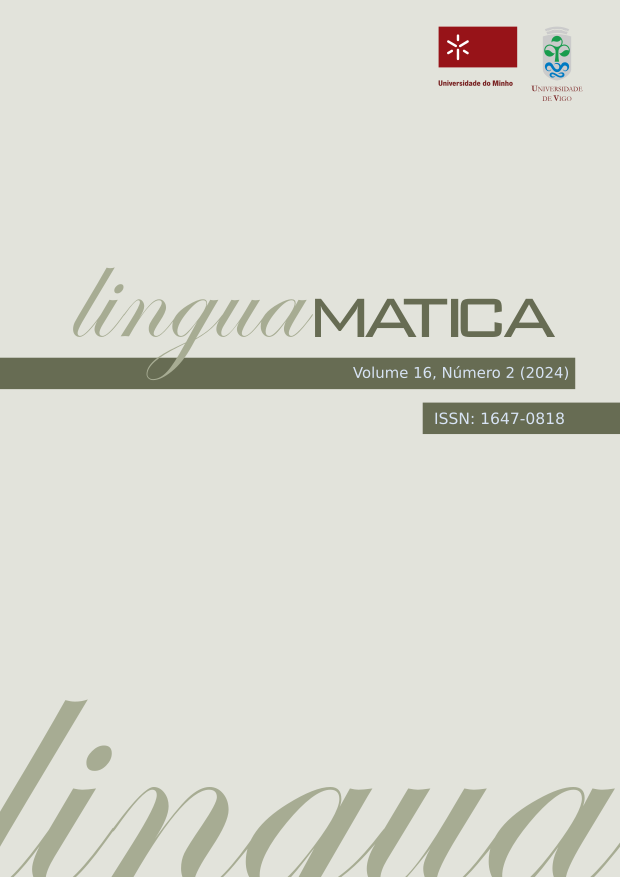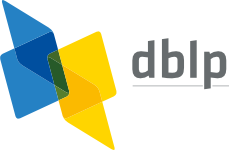Open Information Extraction with LLM for the Portuguese Language
Abstract
In this study, we investigate the application of Large Language Models (LLMs) for Open Information Extraction (OpenIE) in the Portuguese language. While most OpenIE methods have been developed with a focus on the English language, few works in the literature explore multilingual and cross-linguistic scenarios. Although there is a growing interest in OpenIE methods for Portuguese, the use of LLMs specifically focused on OpenIE in this language remains underexplored. We analyze the feasibility of incorporating both open and commercial LLMs using few-shot prompt engineering for OpenIE in Portuguese. We provide a detailed analysis of the performance of these LLMs in OpenIE tasks, demonstrating that they achieve performance metrics comparable to state-of-the-art systems. Additionally, we refine and release an open LLM for OpenIE, named PortOIE-Llama, which outperforms commercial LLMs in our experiments. Our results highlight the potential of LLMs in OpenIE tasks in Portuguese and suggest that further refinement and fine-tuning of larger models can further enhance these outcomes.
Copyright (c) 2024 Bruno Cabral, Marlo Souza, Daniela Barreiro Claro

This work is licensed under a Creative Commons Attribution 4.0 International License.
Authors who publish with this journal agree to the following terms:
- Authors retain copyright and grant the journal right of first publication with the work simultaneously licensed under a Creative Commons Attribution License that allows others to share the work with an acknowledgement of the work's authorship and initial publication in this journal.
- Authors are able to enter into separate, additional contractual arrangements for the non-exclusive distribution of the journal's published version of the work (e.g., post it to an institutional repository or publish it in a book), with an acknowledgement of its initial publication in this journal.
- Authors are permitted and encouraged to post their work online (e.g., in institutional repositories or on their website) prior to and during the submission process, as it can lead to productive exchanges, as well as earlier and greater citation of published work (See The Effect of Open Access).













